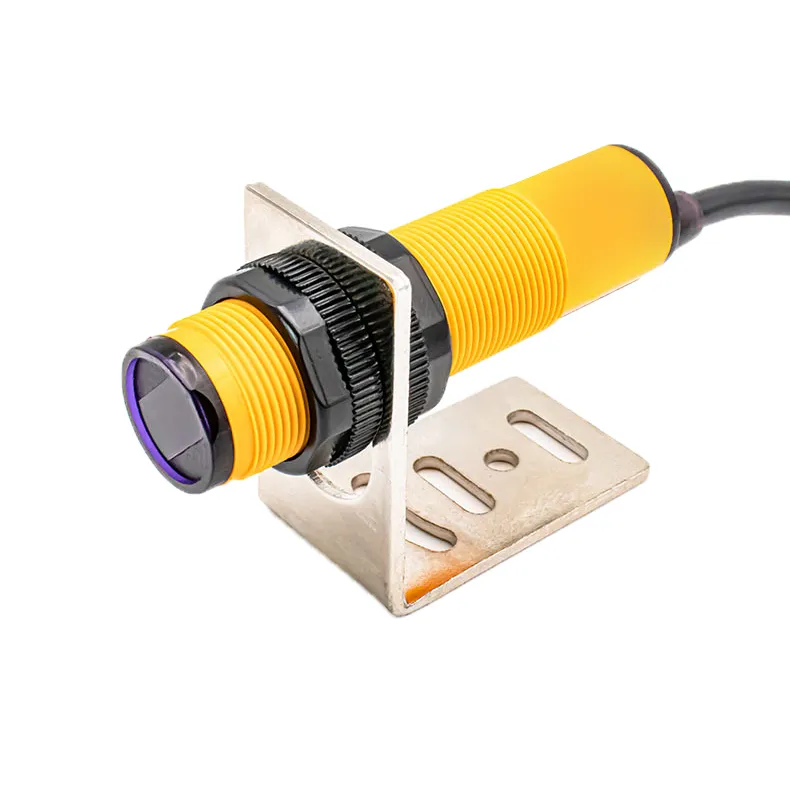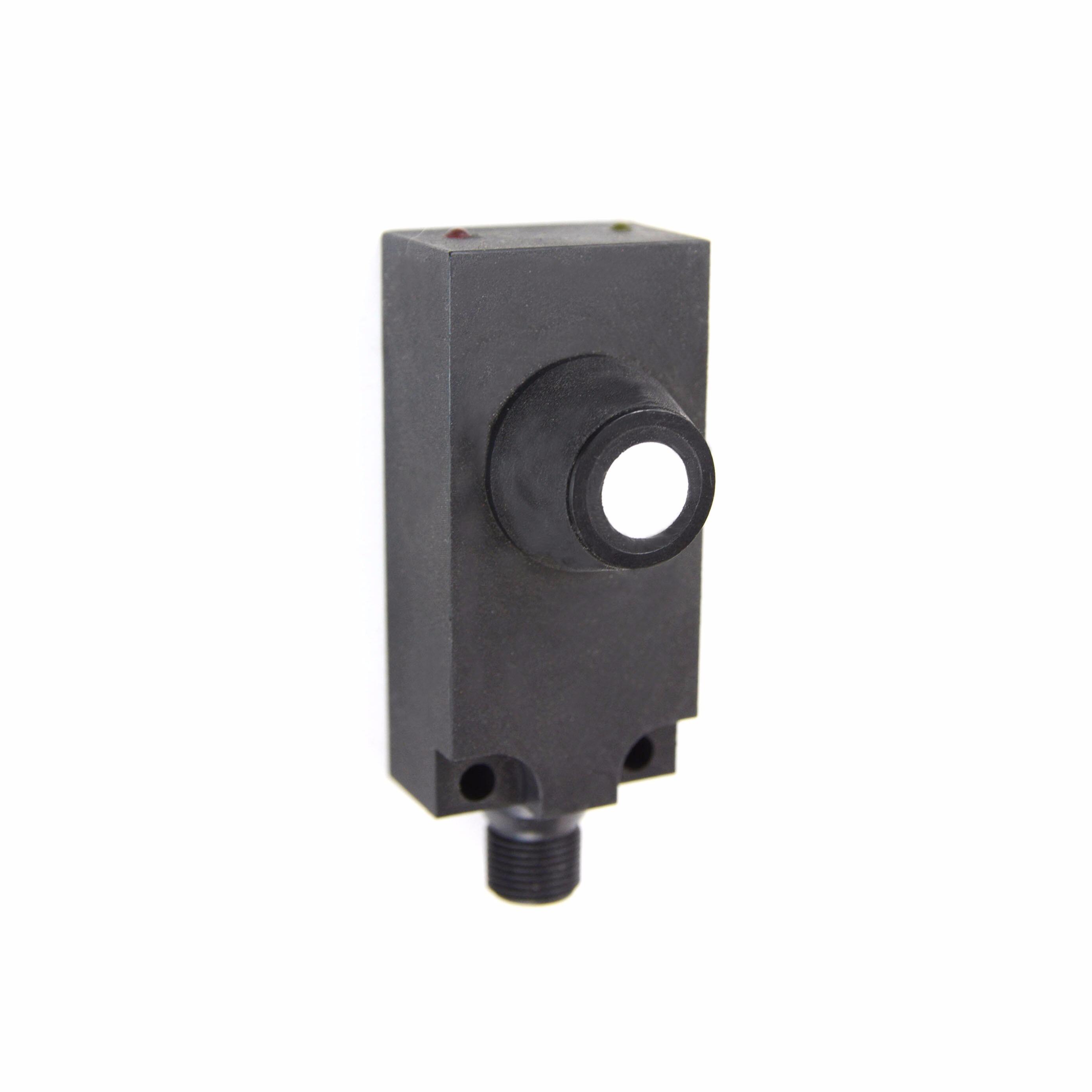다목적 응용 프로그램 호환성
비접촉식 커패시티브 레벨 센서의 뛰어난 다용도성 덕분에, 이 센서는 다양한 응용 분야와 산업에 적합합니다. 이러한 센서는 물과 오일에서부터 과립상 고체 및 분말에 이르기까지 다양한 유전 특성과 물질 특성을 가진 재료의 레벨을 효과적으로 측정할 수 있으며, 이에 적응합니다. 비금속 용기 벽을 통해 작동할 수 있는 능력 덕분에 제약, 식품 가공, 화학 산업 등 무균 상태 유지가 중요한 분야에 적용이 가능합니다. 센서는 다양한 크기와 형태의 용기에 맞게 설정할 수 있어 설치 및 운용 시 유연성을 제공합니다. 견고한 설계로 인해 극한의 온도, 고압 환경 및 전자기 간섭이 큰 환경에서도 신뢰성 있게 작동할 수 있습니다. 이러한 적응성은 측정 범위에도 확장되며, 다양한 용기 높이와 측정 요구 사항에 쉽게 조정할 수 있습니다.

